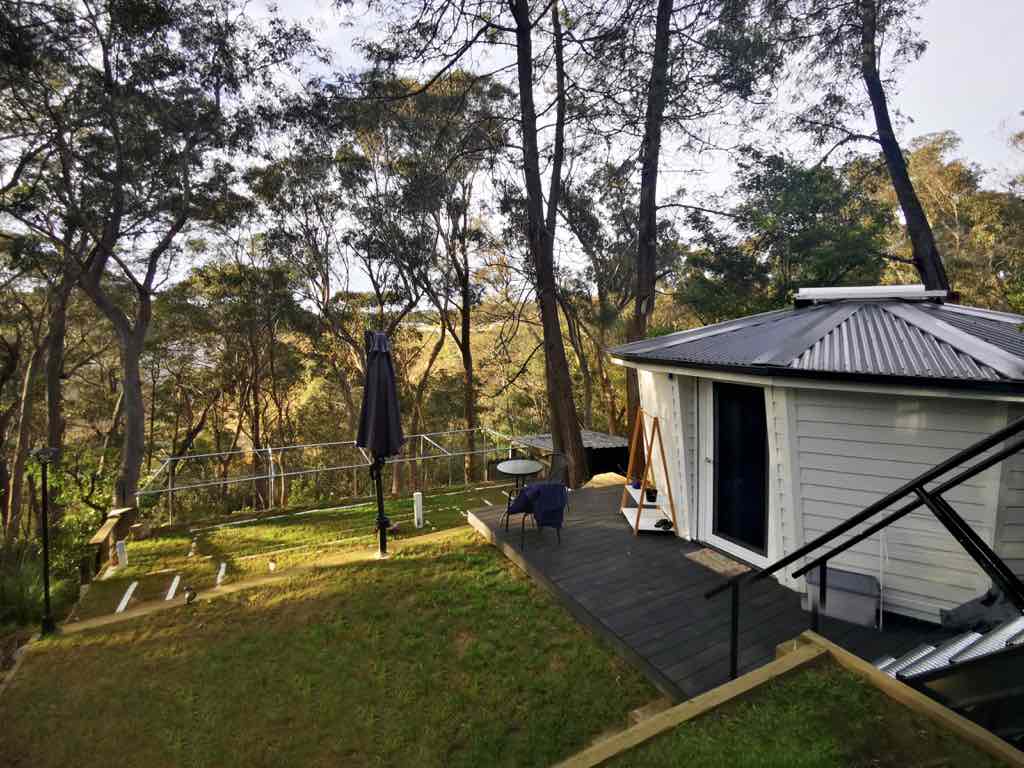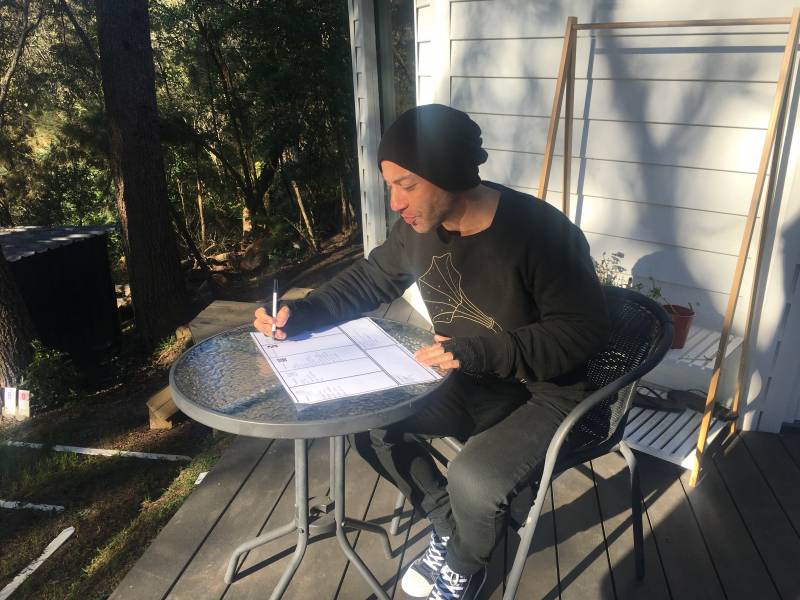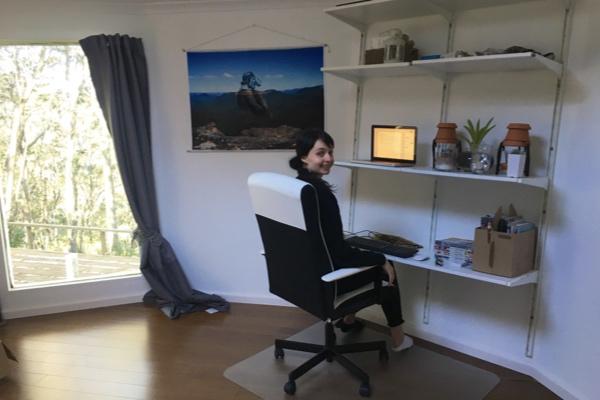How to start a small business in Australia
Or equally important, "Why do so": Consider the Future Outlook
The level of engagement or passion we feel toward our job should always be our core consideration when it comes to our work. Ultimately, however, financial compensation is also important. No matter how much we may adore what we do for work, if we have to do it 80 hours a week to survive we are going to burn out. Passion and practicality is the goal.
Population growth, globalisation, increasing mechanisation and bottom line driven economies are just a few reasons that wage growth has been flat for so many years now, with little change in sight.
While visiting New Zealand I read a business report, which stated that the number of people in permanent employment remained flat that year, while the figures for self-employment had doubled.

With the rise in working remotely due to covid "how to start a small business online" is a fast growing search term
While an employee might love their work, many feel stifled by having to fulfil the dictates of a boss rather than freely choose where to direct their energy.
In an article posted on News.com.au (14.8.2014), it was claimed that around 40% of Americans either work independently or have worked independently. It went on to say that this would increase to 50% by 2020. MBO Partners is an American company that offers management services for independent professionals. In September 2012 they carried out a survey of independent workers and found that 71% were highly satisfied with their jobs - a significantly higher proportion than employed workers (around 20%). The survey revealed the key motivator for becoming independent was to “Do what I love.”
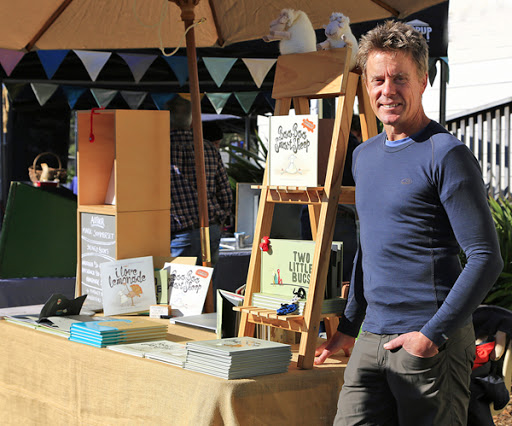
A Real World Example
After meeting Mark Sommerset, a popular New Zealand children’s author, I became curious about his journey to find work he loves doing. Being creative by nature he worked his way into a graphic designer role that expressed his artistic side. While he enjoyed the work he quickly realised that he was using his gifts to fulfill other people’s dreams rather than his own. This prompted him and his wife to break out and publish their own books. While they have never looked back, it has been a gutsy and arduous journey.
Taking a Methodical Approach
It is true that the first step is the hardest. Entertaining the vision that he could make a living pursuing his own creative projects was a critical first step. But then came the hard grind of actualising it.
He wrote the words to a children’s book, which his wife illustrated and they found a publisher. Although it became a top-selling book the nature of the publishing industry left them with the financial crumbs after everyone else took their piece of the action.
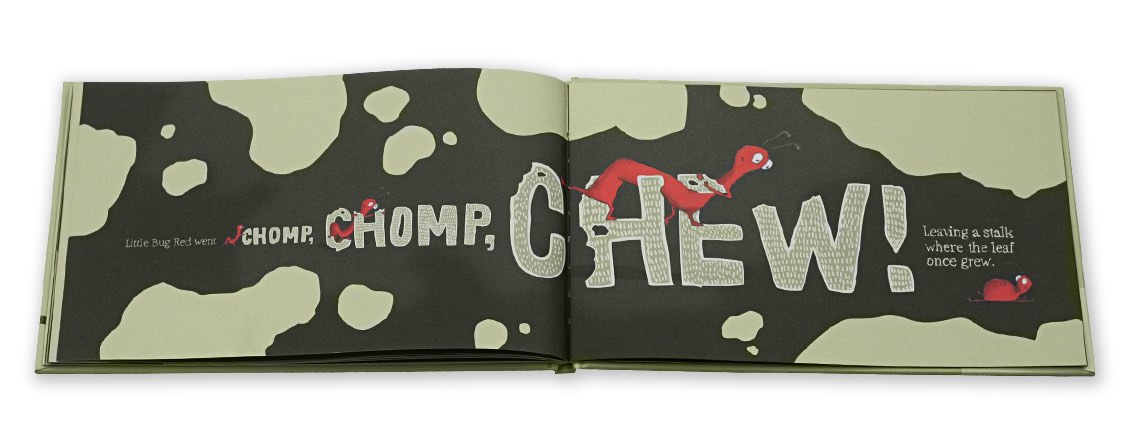
Marks' crossroads moment was whether or not to self-publish. Using a publisher had led to success just not financial benefit. He must have considered just plugging on and hoping things improved. But he had the foresight to realise that there was something really amiss in the existing paradigm and decided to raise the stakes.
After buying back the rights to his first book he sourced an overseas printer, which would make it profitable for him to sell his own books.
Replacing the middleman, he negotiated with bookstores and did all the grunt work in terms of warehousing stock, posting orders and the whole gamut of invoicing and associated paperwork.
On the weekends he would set up a market stall leveraging off the fact that he lived in an area that had a large influx of tourists each weekend. After all, who could be more passionate about promoting a book than the author who lovingly produced it?
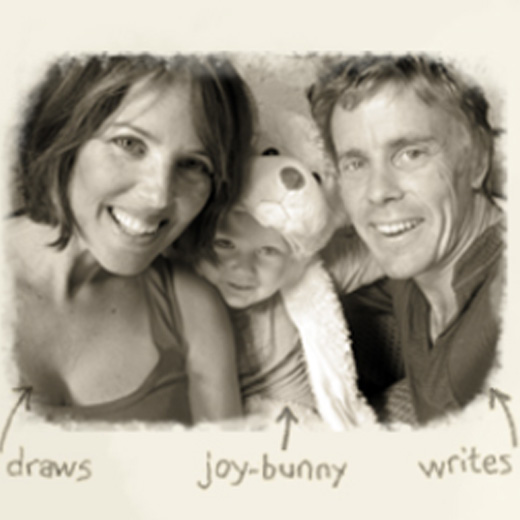
Like most enterprises, the return on effort was less than stellar to start with but over time momentum built. Networking and seeking out avenues to showcase his work locally and abroad also helped.
In addition to the creative satisfaction of producing new books, Mark travels with his wife and son to promote their work and share their passion. Recently they began touring their homeland of New Zealand in a purpose-built motorhome. Atop of increasing book sales, they receive steadily growing royalties from having their books in the library network.
How to Start a Small Business at Home
Not Settling for Ho-hum
We tend to be rather conservative and conformist by nature. A report on corporate behavior done a few years ago found that only 3% of 35 000 employees reported a high level of self-governing behaviour (being independent, autonomous etc) in their companies.
Rather than peering up the hierarchy of human needs we are more prone to looking back to see how far we might fall. Compared to many jobs that creatively minded people might find themselves doing, freelance graphic design must have been pretty rewarding. If Mark’s gamble on book publishing hadn’t paid off it is likely he would have regretted his decision to leave his job.
Thankfully he chose to avoid one of the top 5 regrets of the dying (I wish I'd had the courage to live a life true to myself, not the life others expected of me). As Mark says:
“You could say we are just a couple of dreamers - happy to be doing something that floats our boat.”
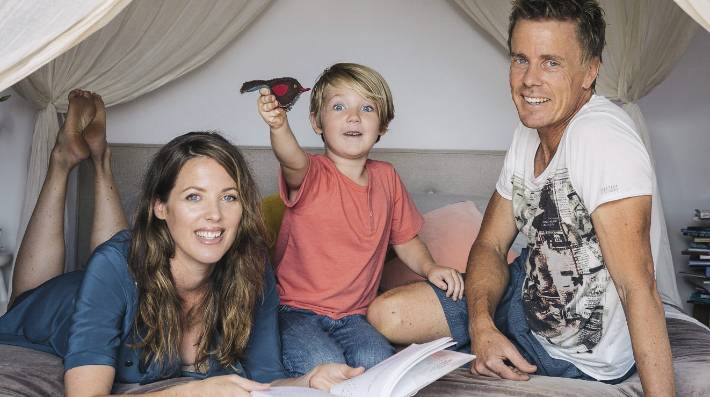
T.S Eliot famously pointed out that Between the idea and the reality. Between the conception and the creation. Falls the Shadow.
Having a vision and imagining grander possibilities for your life can be life changing but only when grounded in the practical aspects needed to achieve it. Our Birth Your Business program is designed to help with both the imagining of possibilities phase as well as step by step practicalities involved to see you transition into self-employment.
The following article link about Marks' adventure captures the sense of courage needed to forge your own path.
https://www.stuff.co.nz/life-style/nz-life-leisure/61049612/the-husband-and-wife-duo-of-dreamboat-books
Starting A Small Business
Satish Kumar was born in India in 1936. At age 9 he became a Jain Monk and at 18, he joined the Gandhian land reform movement aged eighteen.
After moving to England he became editor of Resurgence Magazine then went on to found of Schumacher College, the worlds leading college for activists and change-makers, which is approaching its 30th year of operation. He has the following to say about the value of self-employment:
When I go to university to speak to students they ask me “What do you advise us?”
I say, “My advice is when you leave university don’t seek employment. CREATE employment. Create a livelihood for yourself. In employment humans become the instruments of making money for the employer. You are only a tool, you’re an instrument to make money for your employer. For your factory. That’s no good. You don’t want to change a human being into an instrument for making money. Human beings are creative beings. Surrender. Trust the process and miracles happen. Be part of the flow."

Some people have an iron will and others a fortuitous time of it but for most of us, we need support and guidance to realise our creative dreams and build a life of our own making.
Take a look at our Birth Your Business program and consider taking this program to reshape your future.
BOOK YOUR PLACE IN THIS PROGRAM




